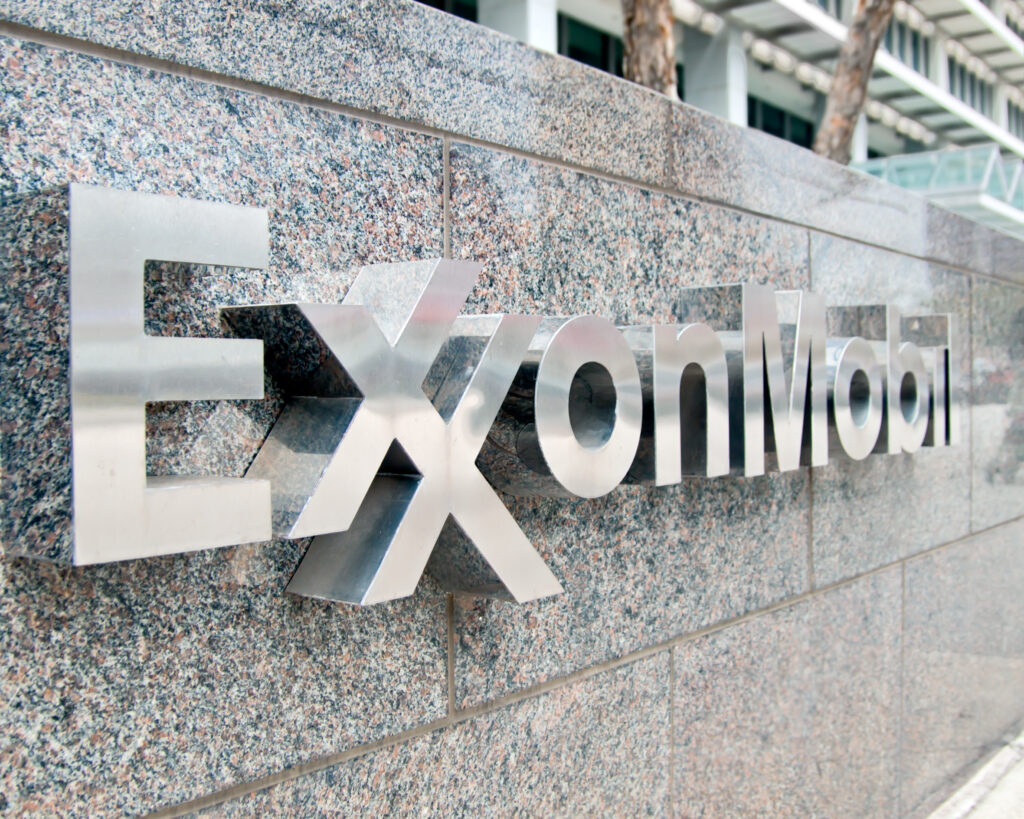By Harold Kim · Listen to article
This article was originally published on Law360 (January 10, 2022, 5:10 PM EST) —
The Grinch may not have stolen Christmas this holiday season, but our ongoing supply chain crisis almost did — and we aren’t out of the woods yet. Experts expect that the omicron variant of COVID-19 will guarantee a new wave of disruptions to the supply chain.
A big part of the challenge comes down to problems in trucking. Truckers move a full 70% of all freight in the U.S., and virtually all industries depend on them in some way.
Yet this lynchpin of our economy is in crisis. An 80,000-driver shortage is contributing directly to manufacturing and shipping holdups.
Reasons for the labor shortage include an aging workforce, as well as increased consumer demand for delivery since the beginning of the pandemic. Thankfully, the infrastructure bill recently signed by President Joe Biden establishes new recruitment and training programs for truckers, which could get more workers into the industry.
But another major problem plagues trucking: an exponential increase in litigation costs. Without legislative action to address the issue, our supply chain woes are likely to continue.
No matter how careful truckers are, with about 3.5 million drivers on the road, a small percentage get involved in traffic accidents every year. Lawsuits are to be expected. But the size of verdicts has spun out of control.
According to the American Transportation Research Institute, the average size of verdicts leveled against truckers grew by a stunning 967% between 2010 and 2018. That represents a per-year increase of more than 50%. For perspective, health care costs grew by 2.9% and inflation by 1.7% per year over the same period.
The result? In truck-crash lawsuits involving large awards — over $1 million — damages now average more than $22 million per case. For most truck drivers, whether they’re individual contractors or work for transportation companies, a $20 million lawsuit spells bankruptcy.
What’s more, trucking companies are being forced to hand over hefty sums even when their drivers didn’t cause accidents. Following a 2014 crash in Texas, a jury ordered trucking company Werner Enterprises to pay $90 million after an out-of-control personal vehicle careened across a median and struck the company’s truck. This 2018 verdict in Werner Enterprises v. Blake was handed down by the Harris County 127th District Court.
These “nuclear verdicts,” as the insurance industry calls awards of more than $10 million, have led to skyrocketing premiums. Some insurers have actually stopped writing policies in states with especially challenging legal environments, like Louisiana.
When trucking companies can’t find affordable insurance, they’re left with few choices: Suspend service, raise rates or try to carry on with less comprehensive coverage. But that makes attracting new drivers harder. And all these options are bad for consumers already facing shortages and price spikes.
Much of the growth in jury awards can be traced to third-party litigation funding, an ethically questionable practice in which wealthy financiers bankroll attorneys to sue trucking companies in exchange for a cut of the damages. Basically, financiers invest in the destruction of an essential industry.
At the same time, attorneys blanket the airwaves with ads encouraging lawsuits, and line major interstates with billboards suggesting that anyone involved in a truck accident is entitled to a multimillion-dollar jackpot.
As an antidote to this poisonous combination, lawmakers should consider implementing liability protections for trucking.
This isn’t an entirely novel idea. Amtrak is protected by a federal liability limit, which ensures that lawsuits won’t put passenger trains out of business. Similarly, a network of federal and state liability laws protect firefighters and emergency medical personnel, allowing them to do their jobs without fear of reprisal.
In light of nuclear verdicts, it’s time to grant similar protections to an industry that undergirds so many others. If we don’t, we may never return this crucial sector of the economy to good health. And our supply chain problems could continue through 2022 — and beyond.


